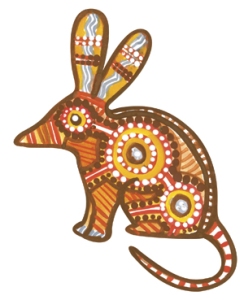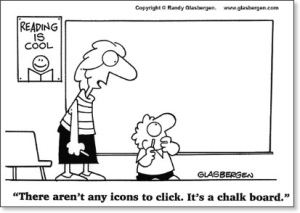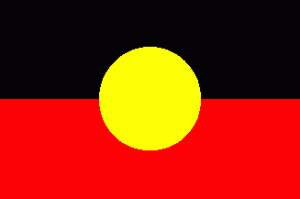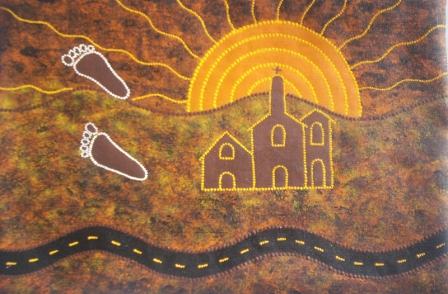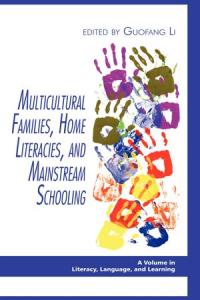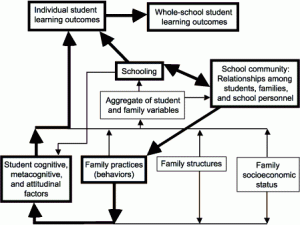Welcome to my blog,
Here in my blog, I have discussed several practical ways on dealing with issues related to Aboriginal English in Early Childhood Settings.
At our center, we use Early Intervention Programs, incorporate Aboriginal literacies & activities, family-based resources, and utilize strength based literacy practices in order to fulfill the aim of providing culturally inclusive program that helps each child remain connected to their identity and culture.
I have incorporated several resources and strategies on how you can contribute towards Aboriginal English as implemented in our Early Childhood Setting.
Feel free to stumble on the titles of your choice:
- Information on your role as a parent in supporting children’s literacies in Early Childhood Settings.
- Practical steps to providing strength based literacy experience prior to Early Childhood placement.
- Significance of Aboriginal English
- How Aboriginal English reconnects your child to his/her cultural identity.
- Benefits of incorporating Aboriginal English in Early childhood settings.
- Transitioning to school – Preparing Aboriginal children towards western literacies.
Enjoy!!
Hina
